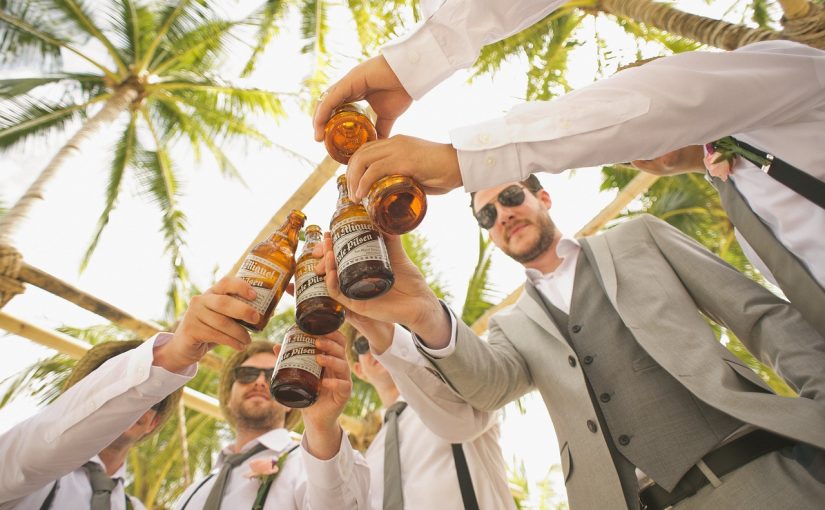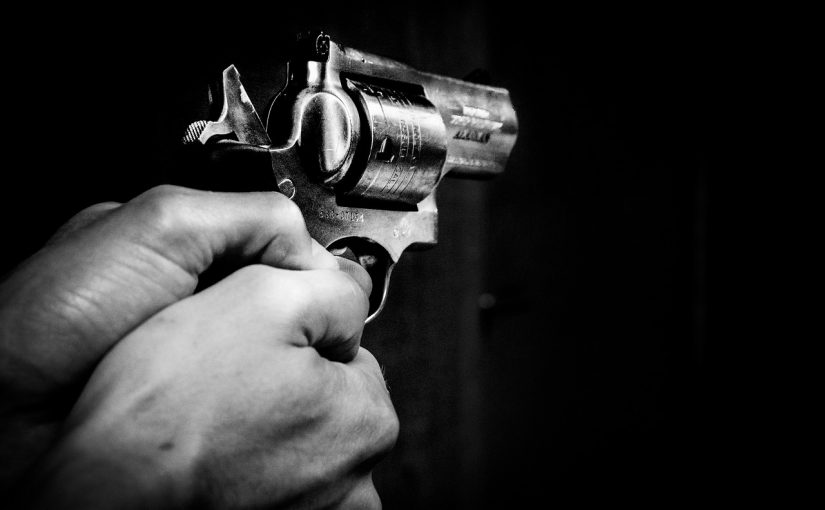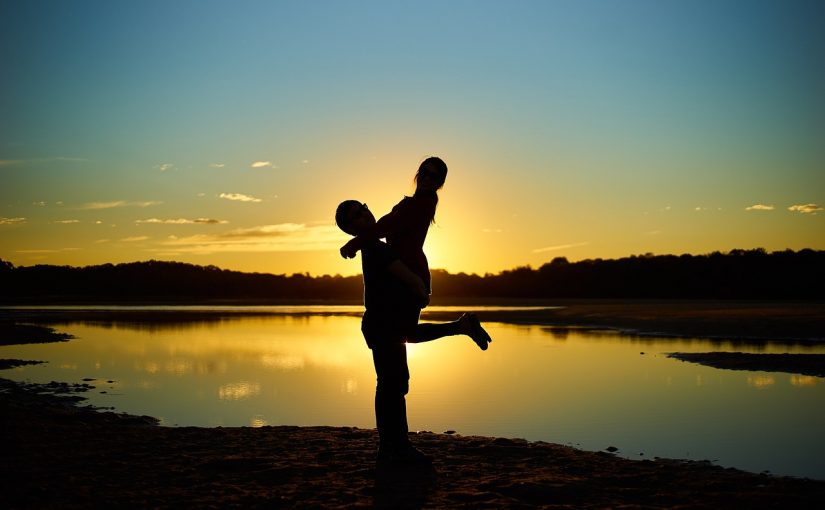Welcome to the Slangpedia entry on “boyfriend”!👲👨🏿👨
Venturing into the rich tapestry of language around relationships and romance? From creative writing to everyday dialogues, recognizing the slang terms, words, and their meanings tied to “bae”, “beau”, or “main squeeze” can be quite enlightening. Without further ado, here’s our thorough guide to slang terms for ‘boyfriend’, enhanced with related phrases and sayings capturing the essence of love and partnership:
Bae
- Meaning: An abbreviation of babe or baby.
- Usage: “I’m hanging out with my bae tonight.”
- Origin: Shortened version of “baby” or “babe.” Popularized through music and social media in the 2010s.
Boo
- Meaning: Boyfriend or girlfriend; someone deeply cared about.
- Usage: “That’s my boo you’re talking about!”
- Origin: Possibly derived from the French word “beau”, meaning beautiful. Its modern usage was popularized in U.S. music and culture.
Beau
- Meaning: Boyfriend or girlfriend.
- Usage: “Me and my beau had a great time!”
- Origin: Directly from the French word for beautiful or handsome.
BF
- Meaning: Acronym for boyfriend.
- Usage: “My BF and I are celebrating our anniversary.”
- Origin: An abbreviation formed from the words “Boy Friend.”
Hubby
- Meaning: Short for husband; also denotes a very committed boyfriend.
- Usage: “He’s not just my boyfriend; he’s my hubby.”
- Origin: A colloquial abbreviation of “husband.”
Significant Other / SO
- Meaning: Spouse, boyfriend, girlfriend; used for discretion.
- Usage: “My SO is coming to the event with me.”
- Origin: A neutral term used to describe someone’s romantic partner without specifying their gender or marital status.
My Boy
- Meaning: Synonym for boyfriend.
- Usage: “Seb is my boy.”
- Origin: Informal possessive term indicating relationship status.
Boif
- Meaning: Shortened slang for boyfriend.
- Usage: “My boif is picking me up later.”
- Origin: A contraction of “boyfriend,” originating from internet and texting slang.
Boyfy
- Meaning: Slang abbreviation of “boyfriend.”
- Usage: “My boyfy is the best!”
- Origin: A playful abbreviation of “boyfriend,” originating from internet culture and slang.
Manfriend
- Meaning: Boyfriend or a male friend with potential romantic involvement.
- Usage: “I’m introducing my manfriend to my parents.”
- Origin: A term that implies a more mature or adult relationship than “boyfriend.”
Personfriend
- Meaning: Synonym for boyfriend/girlfriend, used for gender neutrality.
- Usage: “My personfriend and I are seeing a movie.”
- Origin: A neutral term that emerged from LGBTQ+ communities and those seeking to avoid gendered terms.
My Better Half
- Meaning: Girlfriend/boyfriend or spouse.
- Usage: “I’m taking my better half out for dinner.”
- Origin: A term indicating that one’s partner complements or completes them.
LTR
- Meaning: Acronym for “long-term relationship.”
- Usage: “We’ve transitioned from dating to an LTR.”
- Origin: Abbreviation formed from the words “Long Term Relationship.”
LOML
- Meaning: Acronym for “love of my life.”
- Usage: “This guy right here is the LOML!”
- Origin: Abbreviation formed from the words “Love Of My Life.”
Lover Boy
- Meaning: A passionate or affectionate boyfriend.
- Usage: “He’s such a lover boy when he wants to be.”
- Origin: Originates from the combination of “lover” and “boy,” indicating romantic passion.
Handsome
- Meaning: A flattering term for a boyfriend, referring to good looks.
- Usage: “Come here, handsome!”
- Origin: From the English term denoting good looks, especially in men.
Prince
- Meaning: Denotes someone treasured and valued, likened to royalty.
- Usage: “You’re my prince.”
- Origin: Referring to the romantic notion of a “Prince Charming” from fairy tales.
Hun
- Meaning: Short for “honey”; an affectionate term.
- Usage: “Thanks, hun!”
- Origin: A colloquial abbreviation of “honey.”
Dreamboat
- Meaning: An exceptionally attractive or ideal boyfriend.
- Usage: “He’s a total dreamboat.”
- Origin: 1940s American slang referring to someone very attractive.
Stud
- Meaning: A term referring to a particularly masculine or good-looking boyfriend.
- Usage: “Look at that stud!”
- Origin: From the English term “stud,” referring to a young man regarded as a good sexual partner.
Mister
- Meaning: A playful term for one’s boyfriend.
- Usage: “Slow down, mister!”
- Origin: Derived from the formal address “Mister” or “Mr.”
Sweetie/Cutie
- Meaning: Affectionate terms that express admiration or fondness.
- Usage: “Morning, sweetie!”
- Origin: Derived from the English words “sweet” and “cute.”
Here is also a list of cute nicknames or terms of endearment for boyfriends, with a brief overview of the origin:
- Baby daddy: Originates from African-American Vernacular English, initially referring to the father of a child, not necessarily in a relationship.
- Bestie: Short for “best friend” and used for close companions.
- Batman: From the iconic superhero; implies someone strong and protective.
- Boo bear: A combination of “boo” (a term of affection) and “bear” (often used for endearing large or protective individuals).
- Cookie: Likely derived from the sweet treat, indicating sweetness or adorableness.
- Dumpling: Inspired by the food; a term of endearment for someone soft and sweet.
- Dreamboat: 1940s American slang for someone very attractive.
- Good lookin’: A straightforward compliment on appearance.
- Handsome: A classic term from the English language, indicating good looks.
- Hercules: Named after the strong and heroic figure from Greek mythology.
- Honey badger: An animal known for its fearless nature; implies resilience and tenacity.
- Honey bear / Honey bee: Both are terms that use “honey,” a symbol of sweetness, combined with affectionate animal names.
- Hot lips: A playful way to compliment someone on their attractive lips or kissing.
- Hunk: Refers to a young man regarded as a good sexual partner or attractive.
- Iron man: Referring to the Marvel superhero; indicates strength and resilience.
- Hun: Short for “honey,” an affectionate term.
- Jellybean: Possibly referring to the candy, symbolizing sweetness.
- Love muffin: An endearing term combining love and the sweet treat, muffin.
- Lover boy: Indicates a passionate or affectionate young man.
- Mack daddy: Originates from 1990s American slang, meaning a man who is very successful with women.
- Mister: A playful adaptation of the formal address “Mister” or “Mr.”
- Monsieur: The French term for Mister.
- One and only: Indicates someone unique and irreplaceable.
- Panda / Panda bear: Inspired by the animal, often seen as cute and cuddly.
- Papa / Papa bear: Indicative of a protective and caring nature.
- Pookie: A term of endearment with no specific meaning, denoting affection.
- Prince: Referring to the romantic notion of a “Prince Charming” from fairy tales.
- Robin Hood: Named after the legendary hero who is a symbol of justice and romance.
- Snuggle butt / Snuggle muffin: Playful terms indicating a desire for closeness or cuddling.
- Snuggy: A short form of “snuggle,” indicating coziness.
- Soldier: A term that may denote bravery or commitment.
- Stud: Refers to a particularly masculine or good-looking boyfriend.
- Sugar daddy: Originally meaning a wealthy older man who supports a younger partner in exchange for affection, but can be playful in some contexts.
- Sweet cakes / Sweet pea / Sweetie / Sweetums: All terms derived from “sweet,” denoting affection.
- Cutie: Derived from “cute,” meaning attractive or adorable.
- Tiger: Indicating ferocity or strength.
- Tough guy: A playful or endearing term for someone who acts or is strong.
- Wolverine: Named after the fierce animal and the Marvel superhero.
- Wookie: A character from Star Wars known for loyalty and strength.
- Zorro: The fictional character known for his charm and heroism.
- Baby love: A combination of “baby” and “love,” denoting deep affection.
- Bookie bear: An affectionate and playful made-up term.
- Pumpkin / punkin: Referring to the sweet squash, a classic term of endearment.
- Dearest: A classic English term indicating deep affection.
- My love: A straightforward term indicating profound romantic affection.
That’s it for our list of slang phrases for “boyfriend” and nicknames. We hope you’ve found this compilation enlightening. While the world of slang is ever-evolving, these terms have stood the test of time and are universally recognized. If you think we’ve missed any synonyms for “boyfriend”, do let us know in the comments below. Keep expanding your vocabulary!👍😊
Fascinated by Slang? Explore More!
Discover other captivating slang terms and their origins. Here are a few more gems for you:


